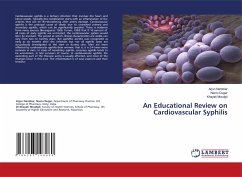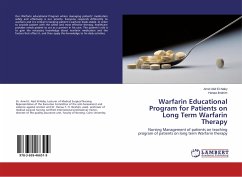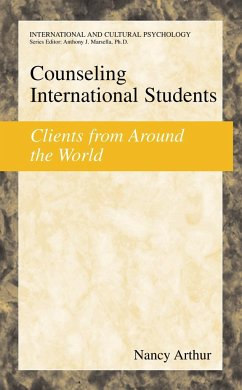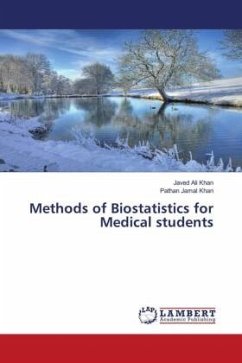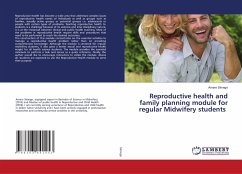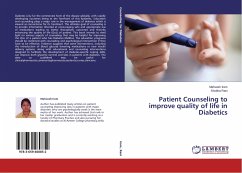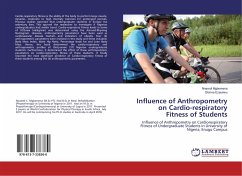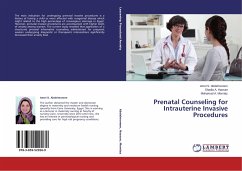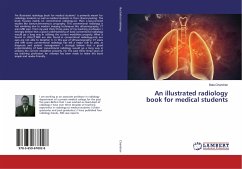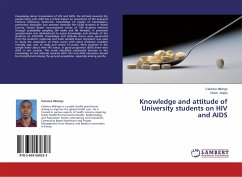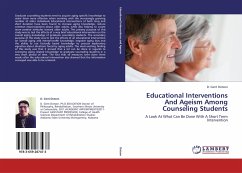
Educational Interventions And Ageism Among Counseling Students
A Look At What Can Be Done With A Short Term Intervention
Versandkostenfrei!
Versandfertig in 6-10 Tagen
45,99 €
inkl. MwSt.

PAYBACK Punkte
23 °P sammeln!
Graduate counseling students need to acquire aging specific knowledge to make them more effective when working with the increasingly growing number of older individuals. Educational interventions of both long and short duration have been found to increase aging knowledge, reduce common misconceptions about older adults, while also helping to create more positive attitudes toward older adults. The primary purpose of this study was to test the effects of a very brief educational intervention on the overall aging knowledge of graduate counseling students. The secondary purpose of this study was t...
Graduate counseling students need to acquire aging specific knowledge to make them more effective when working with the increasingly growing number of older individuals. Educational interventions of both long and short duration have been found to increase aging knowledge, reduce common misconceptions about older adults, while also helping to create more positive attitudes toward older adults. The primary purpose of this study was to test the effects of a very brief educational intervention on the overall aging knowledge of graduate counseling students. The secondary purpose of this study was to test the effects of an educational intervention on overall aging and mental health knowledge, negative aging bias and the ability to use factually based knowledge to process exploratory vignettes about situations faced by aging adults. The most exciting finding of this study was that it proved that a lot can be done in regards to conveying aging related knowledge to graduate counseling students in a very short period of time. The fact that all measures were done three weeks after the educational intervention also showed that the information conveyed was able to be retained.



